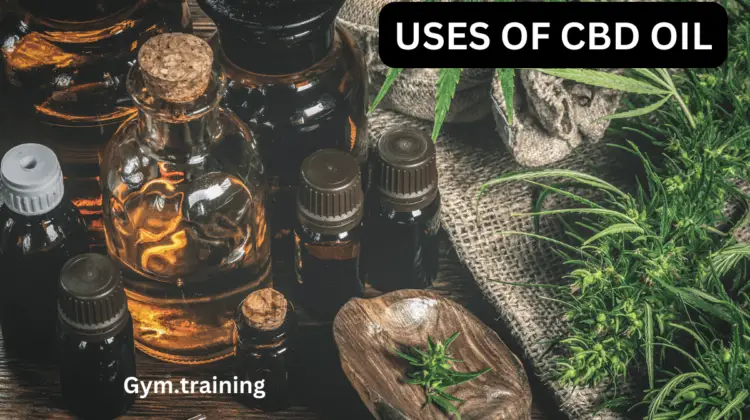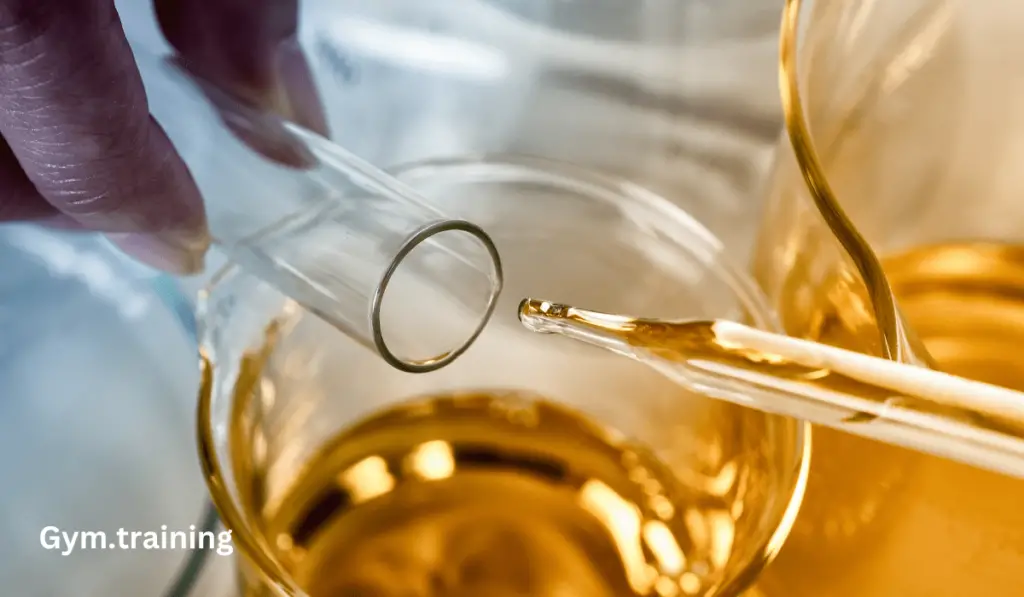
In recent years, there has been a significant surge in interest surrounding CBD oil—a product derived from the cannabis plant. With its potential health benefits and increasing availability, CBD oil has garnered attention.
May it be from consumers, researchers, and health professionals alike, its trending. Let’s delve into the world of CBD oil to understand its origins, uses, potential benefits, and considerations.
YOU MAY WANT TO KNOW: What is CBD? Health Benefits And Its Future Role
What is just CBD oil used for?
Cannabidiol, or CBD for short, is one of the numerous substances that make up the cannabis plant. Unlike its more famous cousin, THC (tetrahydrocannabinol), CBD is non-psychoactive, meaning it doesn’t produce the ‘high’ associated with marijuana use.
Cannabidiol CBD oil is typically extracted from hemp plant or hemp seed, a variety of cannabis with low THC levels, making it legal and widely accessible in many parts of the world.
Our bodies have an endocannabinoid system (ECS), a complex network of receptors that help regulate various bodily functions such as mood, pain sensation, appetite, and immune response.
CBD interacts with these receptors, particularly CB1 and CB2 receptors, though its exact mechanisms are still under investigation. This interaction potentially contributes to its reported therapeutic effects.
Benefits And Uses Of CBD Oil
Cannabis derived CBD plant, has gained significant attention for its potential therapeutic benefits. Its versatility has led to exploration across various fields, unveiling a wide array of potential uses and applications.
1. Pain Management
One of the most widely recognized applications of CBD oil is its role in managing pain. Its interaction with the endocannabinoid system may help alleviate chronic pain conditions such as arthritis, neuropathic pain, and muscle soreness.
Research indicates that CBD’s anti-inflammatory properties contribute to its pain-relieving effects.
2. Anxiety And Stress Reduction
This oil shows promise in alleviating symptoms of anxiety and stress. Studies CBD suggest that it may interact with serotonin receptors in the brain, which play a crucial role in regulating mood and anxiety levels. Many individuals use it as a natural alternative to manage daily stress or anxiety disorders.
3. Sleep Disorders
Individuals experiencing sleep disturbances or insomnia may find relief using this oil. Its calming effects and potential to address underlying factors like anxiety or chronic pain contribute to better sleep quality for some users.
4. Skin Health
Topical application of CBD oil is gaining popularity in skincare products due to its potential anti-inflammatory and antioxidant properties. It may help soothe skin conditions like acne, eczema, and psoriasis, contributing to healthier-looking skin.
YOU MAY WANT TO KNOW: CBD for Acne: Can It Really Zap Your Zits?
5. Neurological Disorders
Research suggests that this oil may hold promise in managing neurological disorders such as epilepsy, multiple sclerosis (MS), and Parkinson’s disease. Its neuroprotective properties and ability to potentially reduce seizure frequency in certain forms of epilepsy have garnered significant attention.
6. Cancer Related Symptoms
CBD oil has shown potential in alleviating symptoms related to cancer treatment, including nausea, vomiting, and chronic pain. While it’s not a cure for cancer, it’s being explored as a complementary therapy to help manage side effects of chemotherapy and improve overall quality of life.
7. Heart Health
Some studies suggest CBD oil may have cardiovascular benefits, including lowering blood pressure and reducing the risk of certain heart related conditions. Its anti-inflammatory and antioxidative properties may contribute to these potential benefits.
8. Addiction Management
Preliminary research indicates that the oil might aid in managing addiction to substances like opioids, nicotine, or even psychoactive substances like THC by affecting the brain’s reward system.
ALSO READ: Top 5 CBD Gummies With Benefits And Considerations
The expanding landscape of research and anecdotal evidence showcases the myriad potential uses of this oil across various health and wellness domains. However, it’s crucial to note that while promising, much of the evidence is still in its early stages.
Consulting healthcare professionals before incorporating this oil into one’s routine, understanding its varying effects on individuals, and ensuring product quality and legality remain essential considerations.
The evolving understanding of CBD oil’s mechanisms and its diverse applications positions it as a significant player in the realm of alternative therapies and holistic wellness approaches.
Considerations and Precautions

- Quality and Regulation: Quality varies among CBD products. Look for products tested by third party laboratories for potency and purity.
- Potential Side Effects: Though generally well tolerated, CBD can cause side effects such as dry mouth, diarrhea, changes in appetite, and fatigue in some individuals.
- Interaction with Medications: CBD can interact with certain medications. Consult a healthcare professional before starting CBD if you’re on medication.
As research continues to unfold, the potential for this oil to become a valuable addition to wellness routines or medical treatments remains promising. Understanding its mechanisms and ensuring responsible usage will be pivotal in harnessing its full benefits.
Whether considering CBD oil for its potential health benefits or simply seeking to explore its effects, awareness, education, and responsible usage will pave the way for its integration into modern healthcare and wellness practice.
Notes For CBD Oil Usage
1. Dosage and Administration
Determining the right dosage and dietary supplements can vary significantly from person to person. Factors such as body weight, metabolism, the condition being treated, and the concentration of CBD in the product all play a role. It’s advisable to start with a low dosage and gradually increase it while observing effects.
2. Forms of Consumption
CBD oil comes in various forms, including tinctures, capsules, edibles, topicals, and vaping products. Each approach has its own onset time and duration of effects. For example, edibles take longer to take effect but may have a longer lasting impact compared to vaping.
3. Legality and Regulations
Laws regarding CBD oil vary globally and even within different states or regions. While many places have legalized the use of CBD products with low THC content, it’s crucial to be aware of local laws to avoid legal complications.
Addressing Common Misconceptions
- CBD and Getting High: A prevalent misconception is that this oil can induce a high similar to marijuana. However, CBD is non intoxicating and doesn’t produce the psychoactive effects associated with THC.
- CBD as a Miracle Cure: While CBD has shown promise in a variety of areas, it is not a panacea. Managing expectations and understanding that effects of CBD might differ from person to person is important.
Also Read:
CBD oil’s journey from relative obscurity to mainstream attention highlights its potential in the realms of health, wellness, and medicine. As public interest grows, it’s essential to balance enthusiasm with informed decision-making.
Seeking guidance from healthcare professionals, understanding product quality, being aware of regulations, and approaching CBD oil as a complementary tool in a broader health regimen will be pivotal in harnessing its benefits while ensuring safety.
The evolution of CBD oil—from its extraction to its diverse applications—reflects a shift in our understanding of natural remedies and alternative therapies.
With continued research and responsible usage, CBD oil stands poised to potentially offer relief and support to many individuals seeking a more holistic approach to health and well-being.

Leave a Reply
You must be logged in to post a comment.